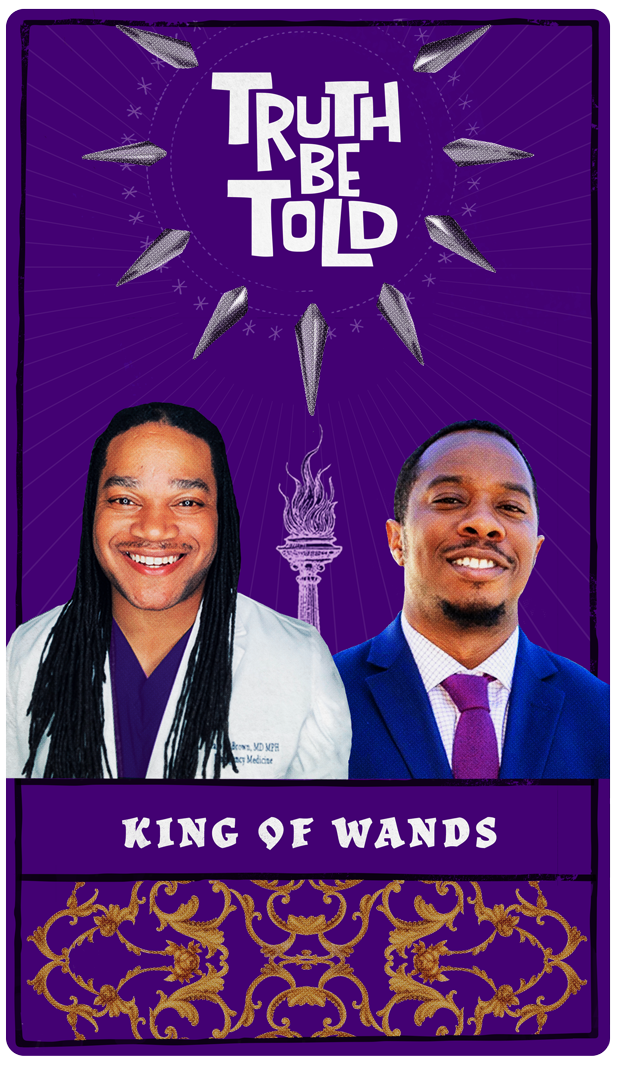
On Aug. 28, 2020, the world heard the news that actor Chadwick Boseman had died at the age of 43 of colon cancer. Boseman was known for his role as King T'Challa in Marvel's "Black Panther." He also portrayed iconic Black figures such as James Brown, Thurgood Marshall and Jackie Robinson. Boseman’s death came as a shock because he did not publicly disclose his stage 3 diagnosis and four-year fight. His death not only raised awareness of colon cancer, but also the health care disparities Black people face.
Colon cancer is curable if caught early. It most commonly affects people who are 50 and older, but in 2018, the American Cancer Society (ACA) changed its guidelines to advise people to start regularly screening at 45 because of the steady rise in the number of young people diagnosed. Yet, Boseman died of colon cancer at the age of 43, before the recommended screening age.
Black Americans have the highest death rate and shortest survival rate from colorectal cancer of any racial group in the U.S. There are a lot of reasons for it, but one of the most important ones is late diagnosis. By the time we get to a doctor, it's too late.
Our Wise Ones this week are two guys literally working to save our lives. Dr. Italo Brown is an emergency medicine physician and clinical instructor at Stanford University Hospital. He’s been on the front lines treating people with COVID-19 over these last few months. Jahmil Lacey the founder of TRAPMedicine, a nonprofit that focuses on using barbershops to help address the health inequities of Black men and boys. He’s currently in medical school, and he joined to talk to us as he just got out of class.
You had this cultural icon in our community, as a result of his roles in a number of films, but also like he's one of us. He went to a Historically Black College/university (HBCU), Howard University. He navigated his way through Hollywood. He took on roles that really depicted us in a very positive light. And when I found out that one, he was diagnosed when it was already stage 3 cancer means he had been impacted by this for a while before he found out and he decided to just live. — Jahmil Lacey
Dr. Brown says the very act of having to advocate for yourself to get an earlier screening is an example of systemic racism. You can walk into a provider's office and say, “I think I need to get a colonoscopy,” says Dr. Brown, “and they say, you don’t need a colonoscopy because they don't understand the way that it decimates the people in our community. They don't understand that fear plays a factor and how much it actually took for a person to get to the point where they were OK with asking their doctor for an exam.” Dr. Brown says when Black patients are dismissed by doctors that are biased, it can lead to what he calls medical distrust.
As Black men, we often have to maximize the time that we have in this physical realm. And we don't have the luxury of being able to say, “In five years, I want to see myself here.” We're living for today. A lot of us are living for this hour. And so it's just a reminder for me to just live. And it's also a reminder that regardless of how much money you make, how much education you acquire, Black people are always at risk because of racism. — Jahmil Lacey
As 30-somethings, Lacey and Dr. Brown say their insurance company won't cover a colon screening, even if they asked for one because the recommended age for testing is 45. They would have to pay out-of-pocket. According to the ACA, there’s nothing to stop insurers from covering the tests starting at age 45, and some are likely to do so, but at this time insurers are not required to (and some might not) cover the cost of colorectal cancer screening before age 50.